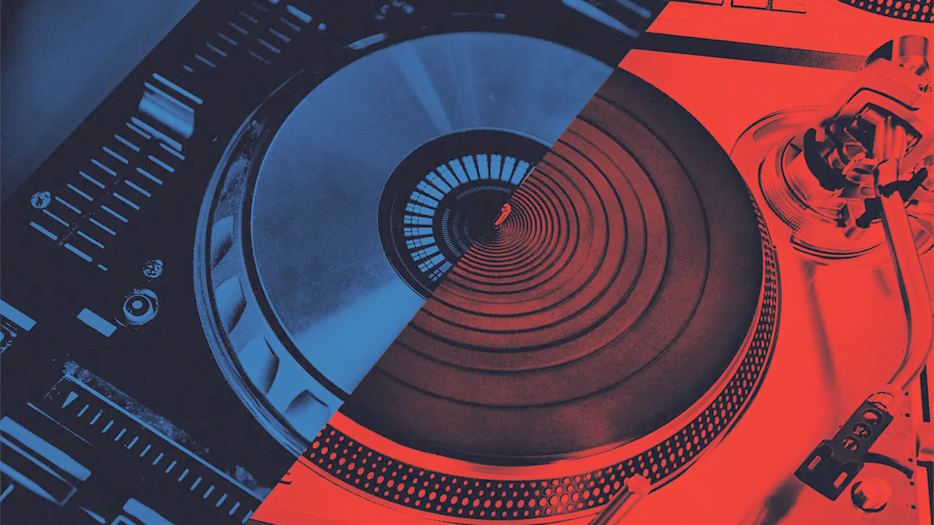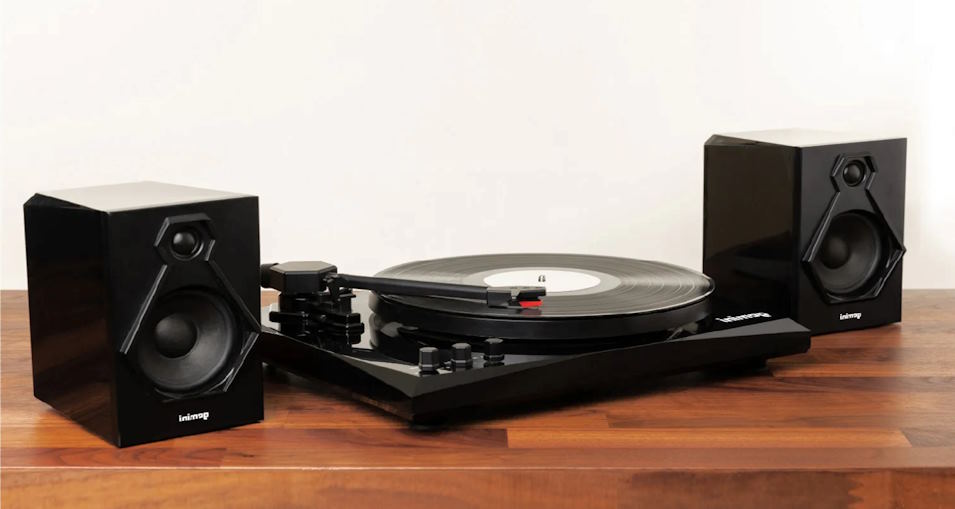As we navigate the ever-shifting tides of musical innovation, one cannot help but be captivated by the enduring charm of the turntable, a beloved relic of the analog age. While streaming services and digital downloads have revolutionized the way we consume music, turntables have proven to be more than nostalgic artifacts. They serve as a testament to the timelessness of vinyl records and continue to play a pivotal role in various music genres. Jazz, rock, classical, hip-hop, electronic dance, and world music have all been touched by the mesmerizing capabilities of turntables.
The Role of Turntables in Jazz Music
History of Turntables in Jazz:
The intersection of turntables and jazz may seem like an unexpected one, but it’s a story deeply rooted in the evolution of music. In the early days of jazz, the phonograph and gramophone played a crucial role in introducing this revolutionary genre to a wider audience. Jazz enthusiasts could experience the virtuosity of legendary artists like Louis Armstrong, Duke Ellington, and Count Basie, thanks to the widespread distribution of their records. This marked the humble beginnings of turntables in jazz history.
How Turntables are Used in Jazz Compositions and Performances:
Fast forward to the modern era, and turntables have become instrumental in jazz compositions and performances, particularly in a sub-genre known as “jazz-hop.” Jazz-hop seamlessly merges traditional jazz elements with hip-hop beats, and turntables serve as the bridge between these worlds. The world of music is rich with creativity, and in it, Rega turntable find a prominent place among DJs and musicians. These precision instruments are often employed by artists to sample jazz classics, serving as the perfect canvas for live jazz improvisation and providing the rhythmic backdrop for the poetic flow of MCs. The scratches, spins, and blends of vinyl records infuse a dynamic, improvisational quality into jazz performances, allowing for unexpected and exhilarating musical moments.

Turntables in Rock Music
The Impact of Turntables on the Rock Genre:
When one thinks of rock music, the blistering sound of electric guitars and pounding drum kits often comes to mind. However, turntables have played an unexpected yet transformative role in the rock genre. In the late 20th century, rock music witnessed a revolution with the introduction of turntables. Turntables introduced a new sonic dimension, with DJs and musicians manipulating vinyl records to add unique textures and effects. This fusion of rock and turntablism brought an entirely fresh, edgy sound to the genre.
Pioneers of Turntablism in Rock:
Pioneers such as Joe Perry of Aerosmith and Jimi Hendrix experimented with turntables in their rock compositions, pushing the boundaries of what was considered conventional rock instrumentation. But it was the trailblazing work of artists like DJ Swamp and Mix Master Mike who truly pushed turntablism to the forefront of rock music. DJ Swamp’s electrifying performances with Beck and Mix Master Mike’s collaborations with the Beastie Boys demonstrated the creative potential of turntables in the rock arena.

Classical Music and Turntables
Unconventional Use of Turntables in Classical Compositions:
Classical music, renowned for its adherence to tradition, has seen an avant-garde revolution through the incorporation of turntables. Composers and musicians have started to experiment with the unexpected synergy between the timeless elegance of classical compositions and the contemporary twist of turntablism. Turntables are being used to sample classical pieces, transforming familiar melodies into entirely new and innovative compositions. This unconventional approach breathes fresh life into classical music, attracting a new generation of enthusiasts who appreciate the seamless blend of old and new.
Turntables in Experimental and Avant-Garde Classical Music:
In the realm of experimental and avant-garde classical music, turntables serve as a conduit for boundary-pushing creativity. Composers like John Cage and Christian Marclay have explored the chaotic and unpredictable nature of turntables, using vinyl records to create unique soundscapes. This uncharted territory has introduced an exciting realm of possibilities, challenging the very definition of classical music and redefining the boundaries of sonic expression.



